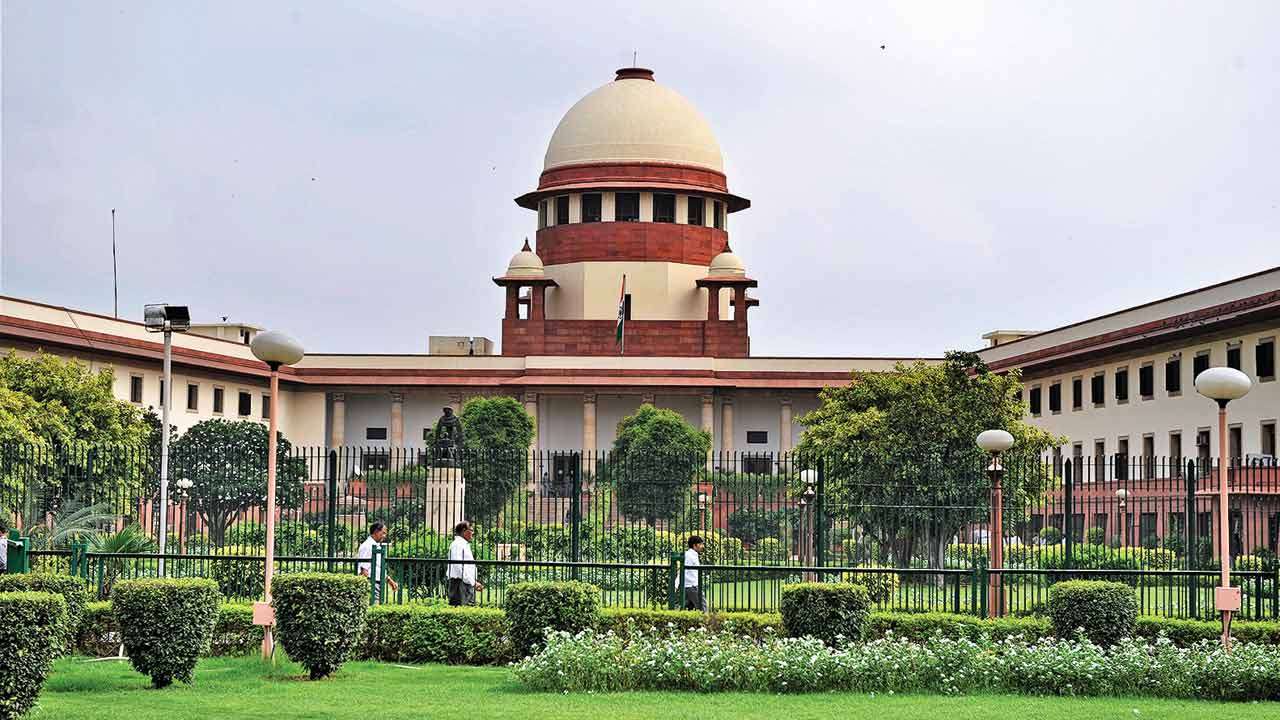NEW DELHI: The Supreme Court on Friday agreed to hear a writ petition against some provisions of the Places of Worship, 1991 which bans the filing of a lawsuit to reclaim a place of worship or seek a change in its character from what it was on August 15, 1947.
The petition was filed by senior lawyer and BJP leader Ashwini Upadhyay on October 28, 2020.
“We informed the apex court that the matter was deleted six times from the list of business of the court,” Upadhyay told The New Indian.
In his petition, Upadhyay seeks to challenge the constitutional validity of Section 2, 3, 4 of the Places of Worship (Special Provisions) Act, 1991 on the ground that they violate the principles of secularism, which is an integral part of the basic structure of and Preamble of the Constitution.
These sections also violate Article 14 (equality before the law), Section 15 (discrimination on grounds of religion), Section 21 (right to protection of life and personal liberty), Section 25 (freedom of practice of religion), Section 26 (freedom to manage religious affairs), and Section 29 (protection of interests of minorities) of the Constitution.
The petitioner argues that the August 15, 1947 cut-off date in the Act which mandates that the identity of a religious place of worship/pilgrimage be retained as it was on that date is “arbitrary and irrational”.
He said that the 1991 Act, by fixing a retrospective cut-off date, illegally barred Hindus, Jains, Buddhists and Sikhs from approaching courts to “re-claim” their places of worship which were “invaded” and “encroached” upon by “fundamentalist barbaric invaders”.
Upadhyay said, “The Centre has barred the remedies against illegal encroachment on the places of worship and pilgrimages and Hindus, Jains, Buddhists, Sikhs cannot file suit or approach the high court.”
“Hence, they won’t be able to restore their places of worship and pilgrimage including temples, endowments, mutts etc from hoodlums and illegal barbaric acts of the invaders will continue in perpetuity,” he further submitted.
In July this year, a bench led by Justice DY Chandrachud frowned upon more and more petitions being filed against the Act and gave liberty to six new petitioners to intervene in the petition in which the apex court had already sought the Centre’s response.
In March 2021, the top court sought a response from the Union ministries of Home, Law and Culture on Upadhyay’s plea.










